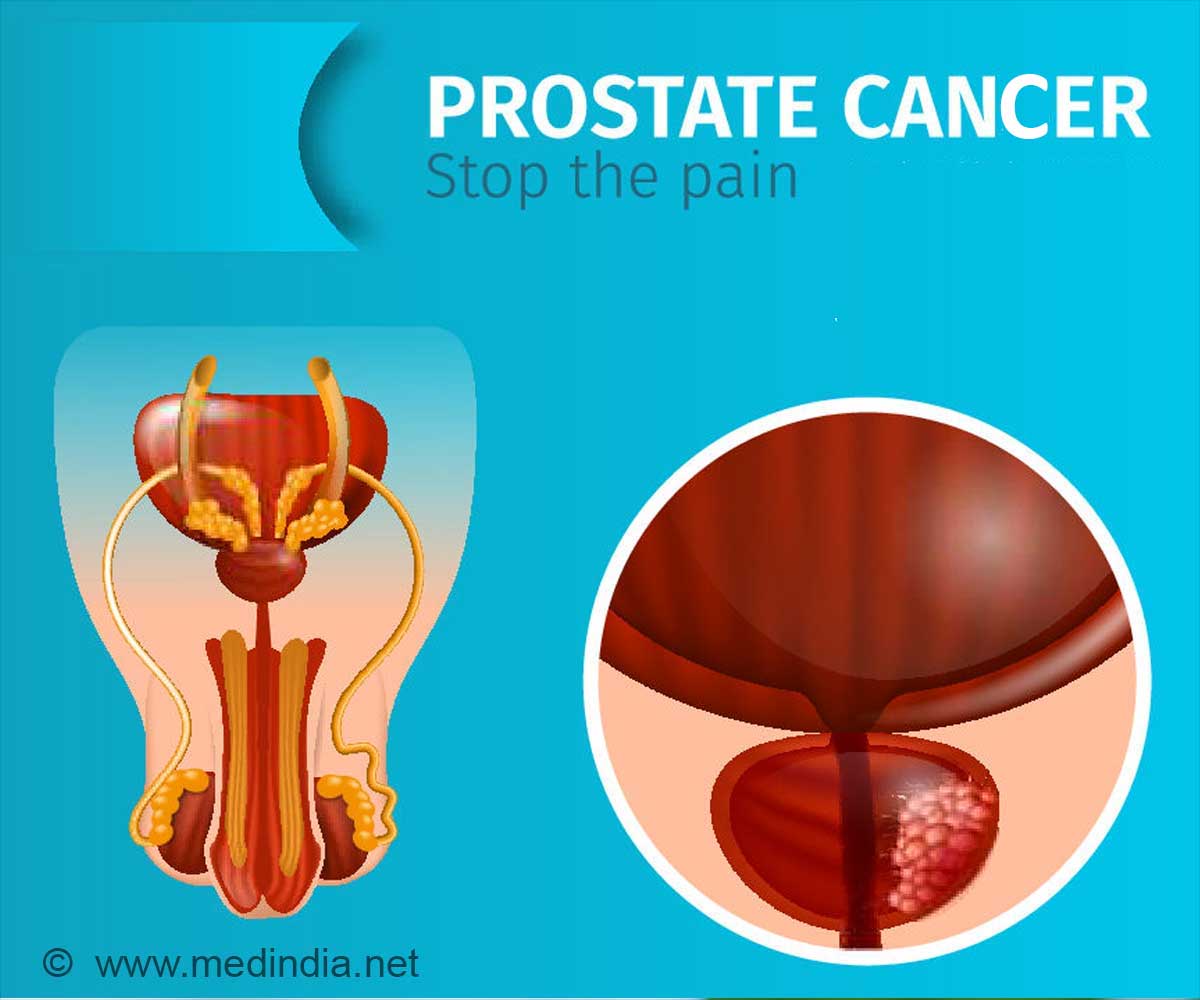Men with locally advanced or high-risk prostate cancer who receive combined radiation and hormone therapy live longer and are less likely to die from their

"Based on these results, we believe adding radiation to the treatment plan should become part of the standard therapy." Dr. Warde is also a Professor in the Department of Radiation Oncology, University of Toronto. (view Dr. Warde video at http://www.youtube.com/watch?v=tC0uJWcrGJg )
Prostate cancer is the most common malignancy in men and between 15% and 25% percent of cases are high risk, says Dr. Warde. The Canadian Cancer Society estimates 25,500 new cases will be diagnosed this year and that 4,100 men will die from the disease.
In the randomized study of 1,205 men to investigate appropriate treatment for high-risk prostate cancer, half the participants received androgen deprivation therapy ("hormone therapy") alone and half received hormone therapy plus radiation.
After seven years, 66 percent of men who had hormone therapy only were still alive, compared with 74 percent who received the combined therapy. Among those in the hormone-only group, 26 percent died from their prostate cancer versus 10 percent who received hormone therapy plus radiation.
"This study will challenge the prevailing dogma of only using hormone therapy alone for locally advanced prostate cancer," says Dr. Warde. "As well, we found the radiation therapy was tolerated well with no significant toxicity."
Advertisement
"Our study shows the way to combine existing, effective treatment options that are readily available to improve outcomes for many men with high-risk prostate cancer."
Advertisement
Source-Eurekalert








![Prostate Specific Antigen [PSA] Prostate Specific Antigen [PSA]](https://www.medindia.net/images/common/patientinfo/120_100/prostate-specific-antigen.jpg)





